In its position paper of July 2025, WV Stahl stated that one of the biggest structural problems hindering the growth of the hydrogen market is the inability to establish secure and sustainable contracts between producer and buyer.
According to WV Stahl, the steel industry not only forms the basis of the industrial value chain in Germany, but also plays a key role in the transition to climate neutrality. With 50 to 55 million tons of CO₂ emissions annually, the sector accounts for around 30% of total industrial emissions in Germany and 7% of total emissions nationwide. For this reason, steel producers are turning to direct reduction plants (DRI) that can reduce carbon emissions by up to 95%.
While the first DRI plants are expected to be commissioned as of 2026, it is reported that these plants will operate with natural gas in the first phase, providing a 60% emission reduction compared to conventional blast furnaces, but in the long term, it is aimed to operate completely with hydrogen. With this conversion, the industry will need several hundred thousand tons of green hydrogen per year.
While the first DRI plants are expected to be commissioned as of 2026, it is reported that these plants will operate with natural gas in the first phase, providing a 60% emission reduction compared to conventional blast furnaces, but in the long term, it is aimed to operate completely with hydrogen. With this conversion, the industry will need several hundred thousand tons of green hydrogen per year.
WV Stahl stated that steel producers have great difficulty in meeting this need due to three main problems in the hydrogen market:
-
Hydrogen production infrastructure is still inadequate domestically and internationally and there have been delays in establishing the necessary transmission lines (e.g. the German core grid or the EU Hydrogen Backbone),
-
Renewable hydrogen costs too much due to high electricity prices, strict RED II rules (additionality, time compliance) and uncertain supply chain of derivative products (e.g. ammonia),
-
Hydrogen producers are unable to find secure buyers for long-term sales contracts because contractual risk on the producer and consumer side is not guaranteed by the public sector.
It was emphasized that this climate of uncertainty deters investors and slows down the entry into green hydrogen projects. WV Stahl argued that this third structural problem in particular could be addressed with direct political support. The realization of long-term hydrogen supply contracts would require financial guarantees with state guarantees. It was noted that these guarantees could be provided through state-backed Aval loans or mechanisms such as H2Global.
WV Stahl pointed out that the H2Global mechanism could be an effective tool in this process. This model, implemented by Hintco, is based on a “Contracts-for-Difference” system that balances the difference between high production costs and low payment capacity with public resources. However, current H2Global tenders do not differentiate between sectors, disadvantaging energy-intensive sectors such as the steel industry, which is under global competitive pressure.
WV Stahl suggested that the following steps should be taken to make this existing mechanism more effective for the sector:
-
Long-term producer contracts should provide hydrogen producers with planning and investment security, while steel companies should be offered short-term and flexible purchasing conditions. This would overcome the contractual mismatch between producers and consumers.
-
H2Global should reduce the price risk of hydrogen by offsetting price differentials with public funds. In future tenders, a reference price system based on previous market results could be implemented to provide predictability for investors and funders.
-
Develop “incentive auctions” (Förderlose) specific to the steel industry. These incentives should clearly define product specifications (e.g. RFNBO-compliant gaseous hydrogen), delivery location (e.g. Germany), target buyer group (e.g. steel companies) and payment security conditions.
-
Make H2Global interoperable with other support mechanisms (e.g. climate protection agreements, investment incentives) without overlapping.
-
During the transition period, hydrogen derivatives such as ammonia should be included in the delivery options, while keeping global supply options open in line with sustainability criteria.
At the end of the position paper, WV Stahl made three key policy recommendations to the German government:
- Increase public funding for mechanisms such as H2Global and build the legal and financial infrastructure for large-scale procurement contracts,
- Designing and implementing incentive tenders specific to the steel sector,
- Provide government-backed guarantees for hydrogen supply contracts. These guarantees could be provided through instruments such as Aval loans under the federal government's existing large guarantee program, commodity futures insurance, or H2Global expanded to cover domestic transactions.
WV Stahl emphasized that hydrogen has an indispensable role to play in the green transformation of the steel industry, but in order to seize this opportunity, industry, policy and financial institutions must work together to create a framework for investment and price stability.


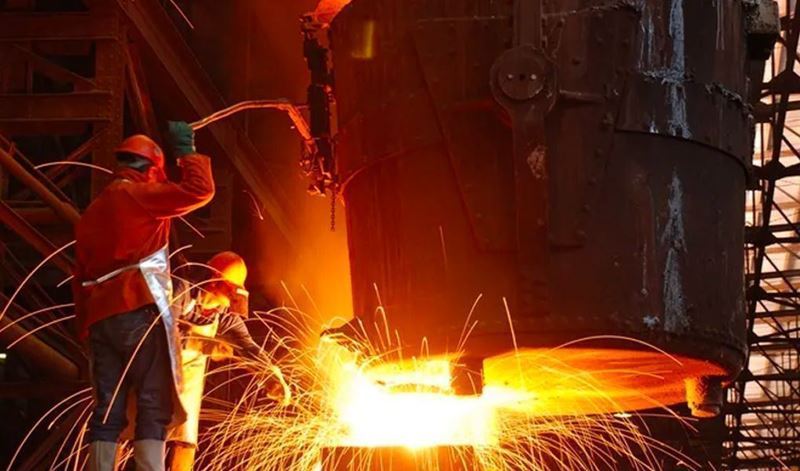
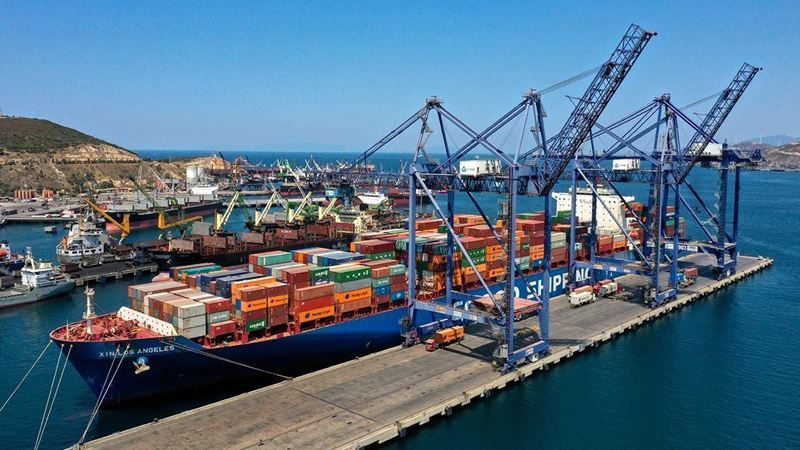

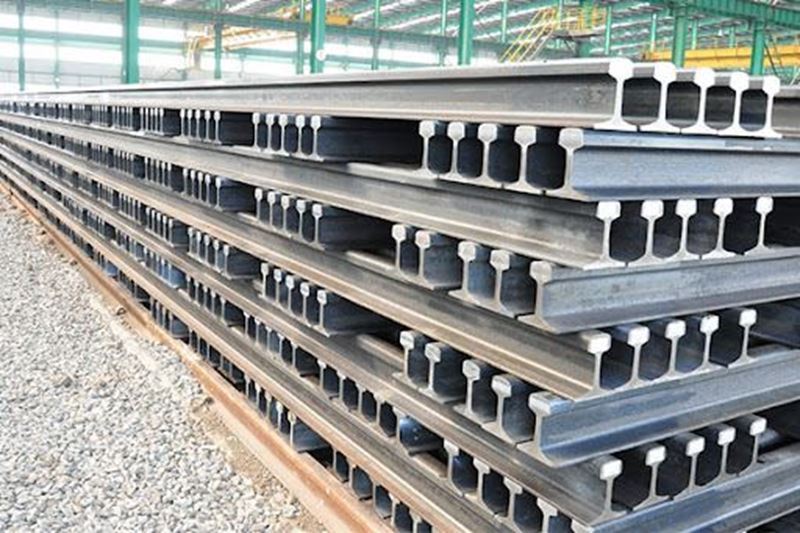
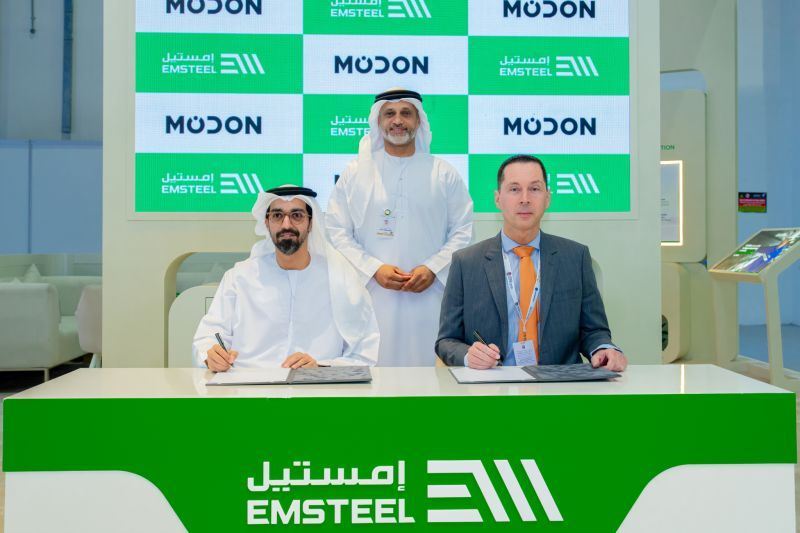
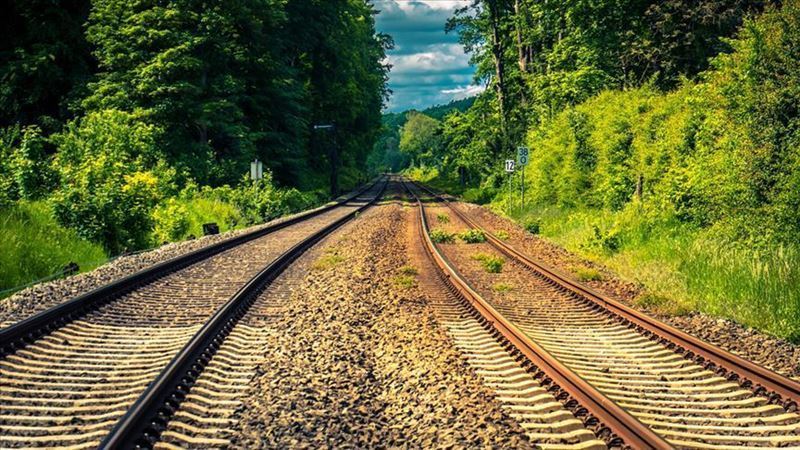


Comments
No comment yet.